
Brian Brundage, CEO of now-defunct processor Intercon Solutions, has been sentenced to three years in prison for fraud and tax evasion crimes.

Brian Brundage, CEO of now-defunct processor Intercon Solutions, has been sentenced to three years in prison for fraud and tax evasion crimes.

Companies that sent tens of millions of pounds of CRT materials to Closed Loop Refining and Recovery are publicly responding to lawsuits naming them as defendants.
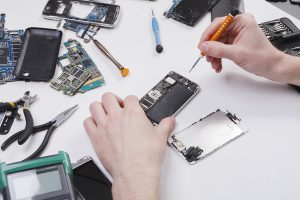 A federal agency is exploring OEM impediments to the repair of electronics. Meanwhile, the New York Times editorial board came out in favor of right-to-repair laws.
A federal agency is exploring OEM impediments to the repair of electronics. Meanwhile, the New York Times editorial board came out in favor of right-to-repair laws.
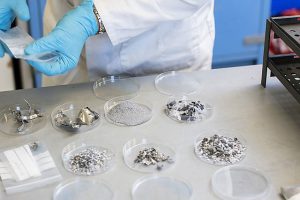 With an eye toward demonstrating the variety and amount of metals available from e-scrap, geologists at an English university used a household blender to take a look inside a mobile device.
With an eye toward demonstrating the variety and amount of metals available from e-scrap, geologists at an English university used a household blender to take a look inside a mobile device.
![]() A proposed update to the R2 standard has been crafted with an eye toward emphasizing reuse, boosting data protection requirements and improving device testing and repair, according to Sustainable Electronics Recycling International.
A proposed update to the R2 standard has been crafted with an eye toward emphasizing reuse, boosting data protection requirements and improving device testing and repair, according to Sustainable Electronics Recycling International.
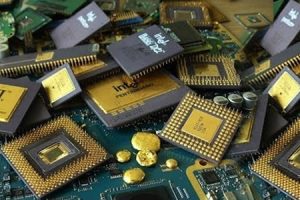 A North Carolina startup is working to scale up its ability to generate investment-grade gold from e-scrap components.
A North Carolina startup is working to scale up its ability to generate investment-grade gold from e-scrap components.
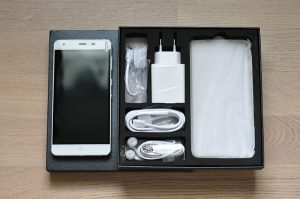 Less than 10 percent of U.S. consumers buy used computers or mobile devices, according to research from one company that plays in the sector.
Less than 10 percent of U.S. consumers buy used computers or mobile devices, according to research from one company that plays in the sector.
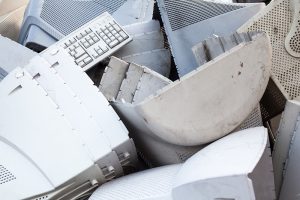 Researchers overseas say high-impact polystyrene from scrap electronics can be used as a replacement for sand in self-compacting concrete.
Researchers overseas say high-impact polystyrene from scrap electronics can be used as a replacement for sand in self-compacting concrete.
 A complete ban on scrap plastic imports into India will be delayed until the end of August, giving the global plastics recycling industry some time to adapt.
A complete ban on scrap plastic imports into India will be delayed until the end of August, giving the global plastics recycling industry some time to adapt.
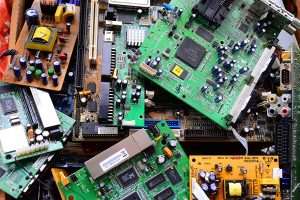 Metals company Boliden recovered copper and precious metals from 95,000 short tons of printed circuit boards in 2018, up 12 percent year over year, according to an annual report.
Metals company Boliden recovered copper and precious metals from 95,000 short tons of printed circuit boards in 2018, up 12 percent year over year, according to an annual report.

